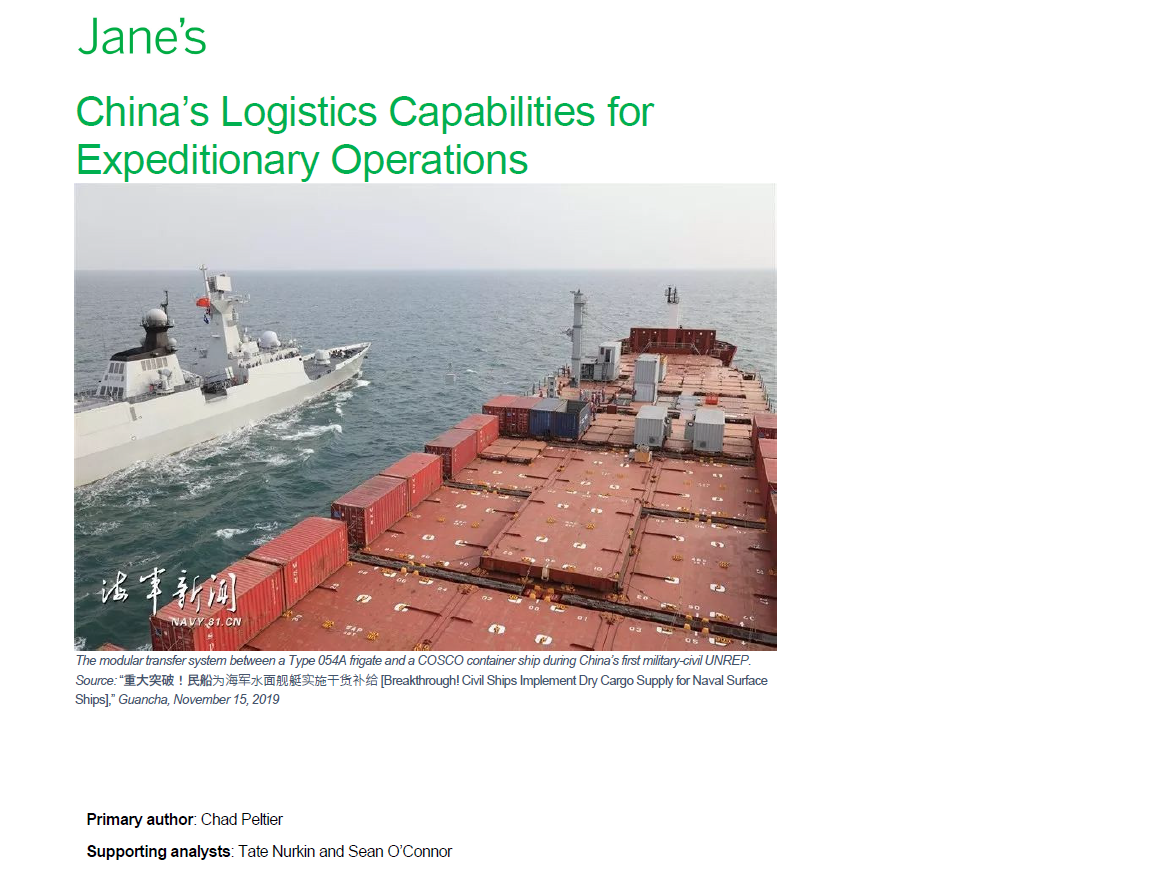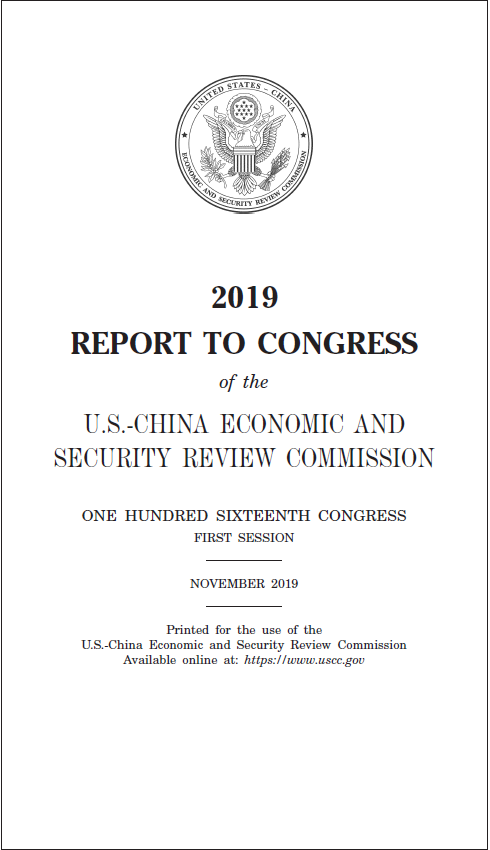Filter Results

The U.S.-China Economic and Security Review Commission released a report entitled China's Logistics Capabilities for Expeditionary Operations, prepared for the Commission by Jane's.




On January 15, 2020, President Donald Trump and China’s Vice Premier Liu He signed a “Phase One” trade agreement. It forms part of an effort to resolve trade tensions that have been ongoing since March 2018, when the Office of the U.S.

U.S.-China Economic and Security Review Commission invites submission of proposals to provide a concise, one-time unclassified report on China’s economic interests in Africa and linkages between economic and security engagement. Proposals must be submitted by February 10, 2020 at&n

The U.S.-China Economic and Security Review Commission invites submission of proposals to provide a concise, one-time unclassified report on China’s Corporate Social Credit System. Proposals must be submitted by February 10, 2020 at 5:30pm EST.



The 2019 Annual Report to Congress covers an array of topics including U.S.-China trade tensions, U.S. reliance on Chinese pharmaceuticals, China's global military ambitions, and U.S.-China competition in critical emerging technologies.
